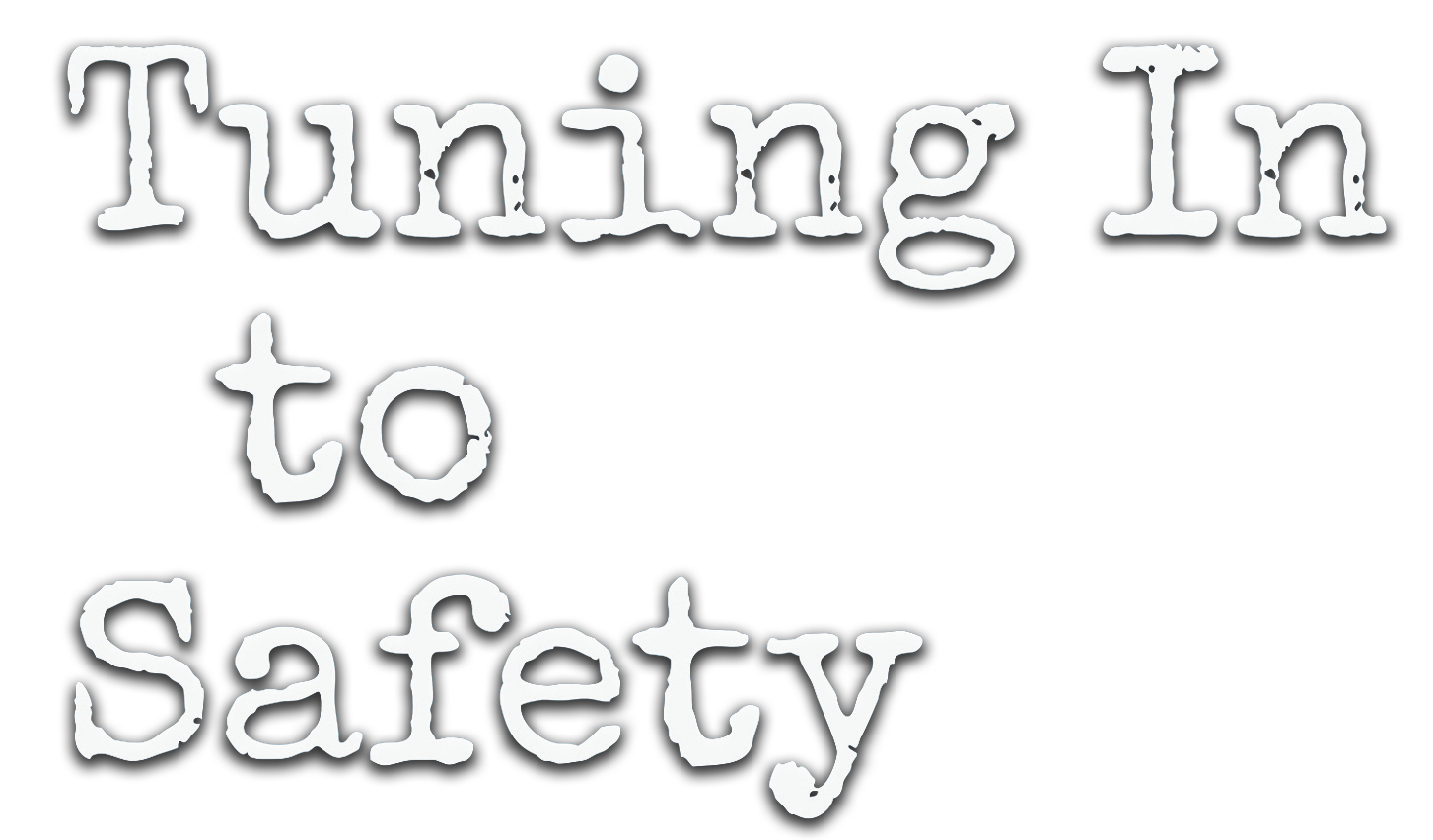What Are Your Safety Beliefs? - Part 2
Taking risks makes me a better employee - Some workers believe that their supervisor would prefer them to stick their necks out, if necessary, to get their jobs done. This might be an accurate perception, as it could very well be that their supervisor has made room in their personal belief system for this attitude.
The supervisor has the most control over whether this belief takes a foothold in their workforce. Without even realizing it, they may be rewarding their workers for taking risks by slapping them on the back for getting a job done quickly, while not bothering to ask whether they had done it as safely as they could have. This is known as tacit approval, where the supervisor reinforces unsafe behavior by not asking nor saying anything when they suspect their workers are assuming inappropriate risk to get their jobs done.
The only way to dampen this voice is to demand accountability from the people who work for you. Think carefully about whether you unintentionally reward your workers for unsafe behavior and consider ways of giving “carrots” to those who do work safely, even if they take more time to get their jobs done.
My shortcut will always work - Faster Easier leads humans to take shortcuts whenever possible. So, for every task we are faced with, we are immediately thinking about ways that we can reduce the time and effort required to complete the job. This may lead us to take shortcuts that could get the job done faster, but might also increase our risk.
Shortcuts are brain candy. When we get a job done more quickly or with less effort, we feel smarter than those who came up with the procedure we were supposed to follow. This also reinforces our resolve to “beat the system” anytime we can, as well as increasing our overall risk tolerance.
When we attempt a shortcut for the first time, we may not know for sure if it will work, so we watch carefully to make sure it doesn’t go sideways on us. However, if we manage to pull it off and nothing bad happens, we immediately start down a slippery slope where we get comfortable and stop thinking about the risks we assume when we take that shortcut. Eventually, the time comes where a variable changes and an incident occurs.
Just because a shortcut has worked in the past, it doesn’t mean it will always work. There are always variables that must align in your favor in order to successfully complete a task. If you get comfortable with a shortcut you’ve devised, your guard is lowered and you eventually stop asking “what could go wrong?” The voice of this belief is much louder now, making it more likely to drown out the still, small voice of safety.
The people you work with could be the best antidote to this belief. Are you open to hearing outside opinions on your work practices? Think carefully about how you respond to your coworkers when they approach you with a safety concern. If you react negatively to a coworker’s efforts to keep you safe, you are sending out a message that you aren’t interested in other people’s opinions regarding safety. This could be your undoing, because your coworkers are going to withdraw from you and won’t be there to serve as the voice of safety when you need them the most.
The rules are written in blood, but not MY blood! - In other words, it won’t ever happen to me. You can pretty much rest assured that anyone who has been injured or killed in the workplace had thought this at one time.
We often associate this belief with the youngest, least experienced workers, but that is a myth. The truth is that this thinking is rampant among workers of all ages, particularly those who haven’t suffered loss due to a workplace injury. The majority of workers who get hurt or killed in workplace incidents are veterans, and in many cases they are within a few years of retirement.
It is sad to say that the most effective method for lowering the volume of this voice is a workplace incident that involves yourself or someone close to you. While this is the most effective method, it is certainly the least desirable. Do your best to learn from the mistakes of others through incident reports and personal stories shared by your coworkers. And, remember that a little humility goes a long way; never allow arrogance to overrule your personal voice of safety.
Someone other than me should be most concerned about my safety - If this is one of your personal beliefs, I would pose this question to you. Who will suffer the most if you get hurt in a workplace incident? Anyone who says that their employer will be impacted more than themselves needs more information. Your employer will be set back on a financial level. However, you could lose everything that is important to you, I daresay everything that defines you, if you don’t work safely.
I would encourage you to do an audit of your personal safety beliefs. This could be a difficult exercise and will require brutal honesty on your part. However, the rewards can be great because purging beliefs that serve to compromise your personal safety will help you, your family, and your coworkers prosper.
For more information on these and other ideas regarding workplace safety, go to www.tuningintosafety.com. Tuning In to Safety is a book written for all employees in an organization, and is available on Amazon in paperback, eBook, and audiobook formats.

